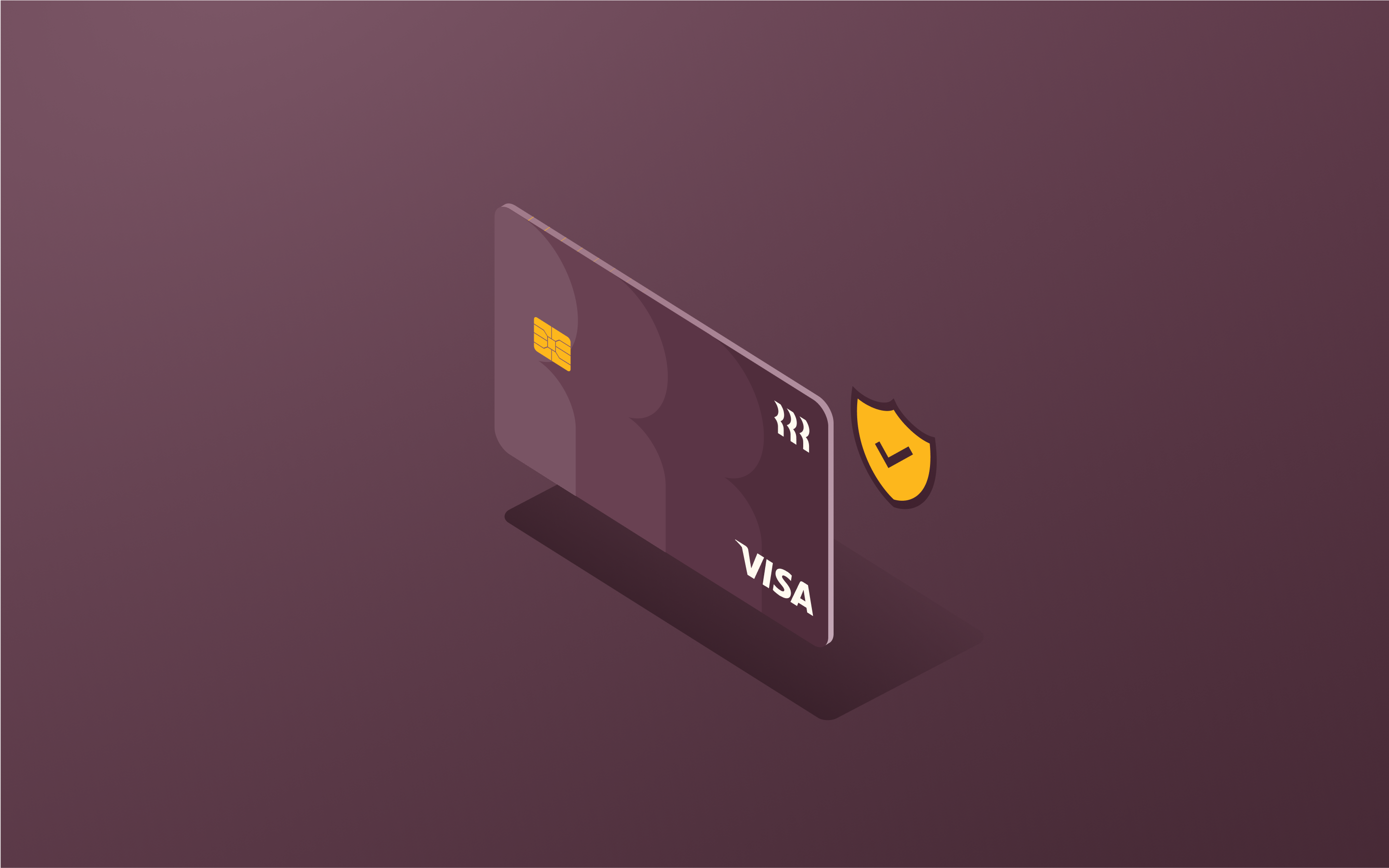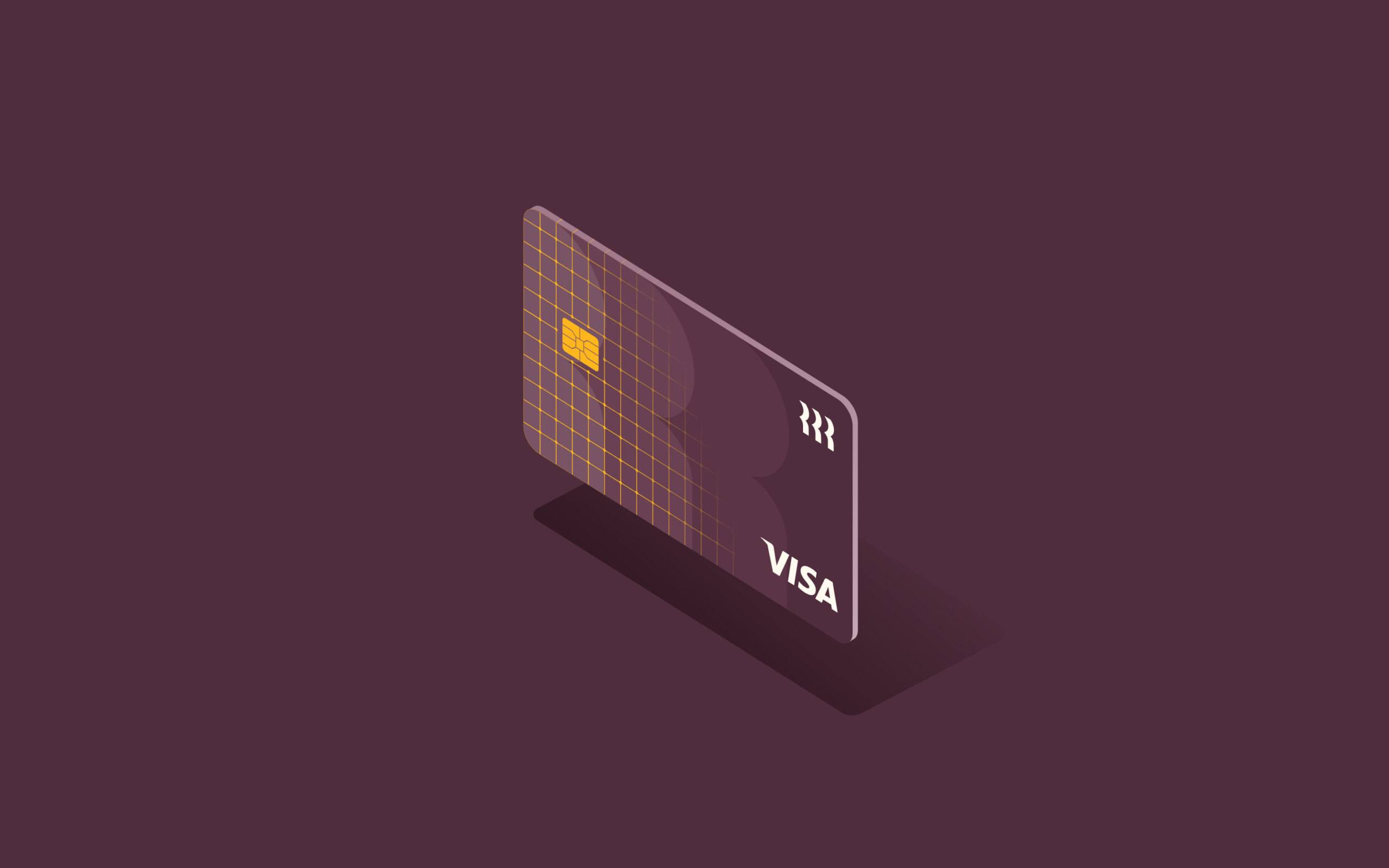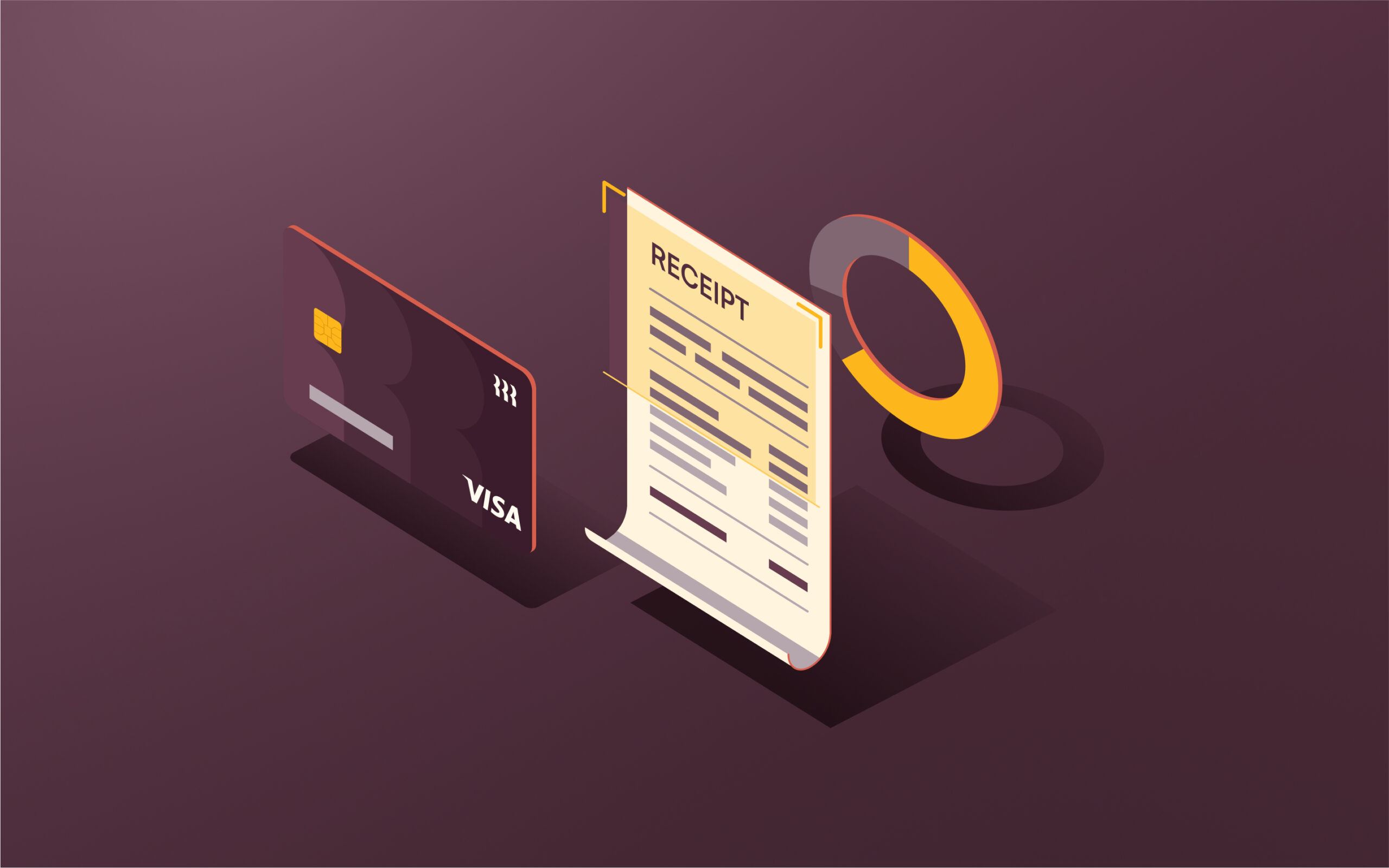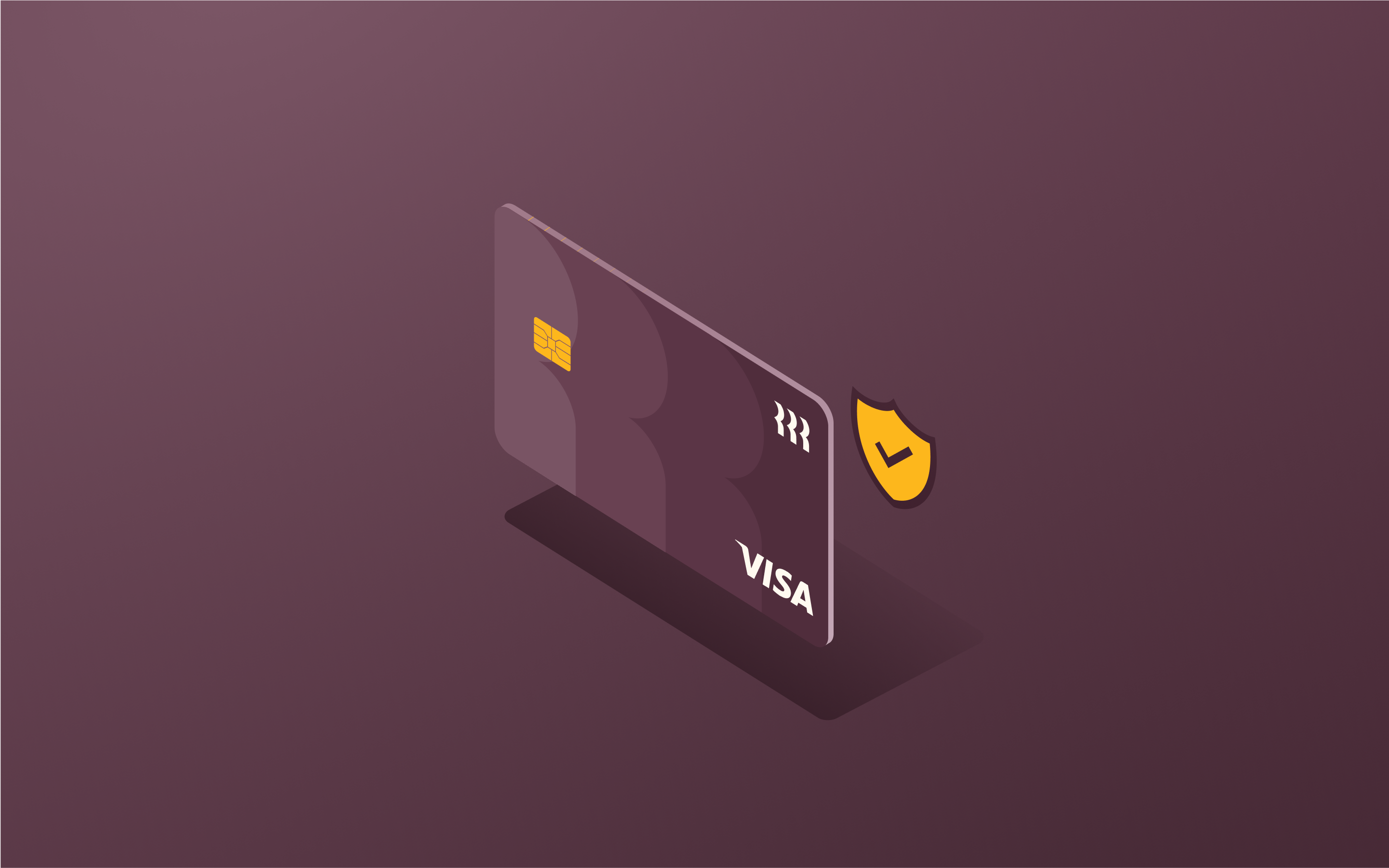What is a good business credit score? 8 tips to improve it

Your business credit score matters—a lot. For small and mid-sized companies, it can be the difference between landing a loan with great terms or getting left behind while your competitors move ahead.
Business credit scores reveal the financial health of a business. Lenders, vendors, and insurers use it to decide whether to work with you, and on what terms. A strong score helps you secure funding, build trust with partners, lower insurance costs, and even attract top talent.
Business credit scores aren’t the same as personal credit scores. They follow different rules and directly affect your company’s ability to do business and grow. In this guide, you’ll learn what a good business credit score is, how it’s calculated, and what steps you can take to improve yours, unlocking better financing terms while boosting your company’s credibility.
What is a business credit score?
A business credit score is a numerical representation of a business's trustworthiness in terms of credit. Scores typically range from 0 to 100. Higher scores mean your business is seen as financially stable and reliable. Think of it as a snapshot of your business’s financial stability.
The major credit bureaus in the US include Dun & Bradstreet, Equifax, and Experian. FICO SBSS is another credit scoring provider that utilizes data from other bureaus to evaluate small business loan applications, particularly those for Small Business Administration (SBA) loans. Each provider uses its own criteria to assess creditworthiness. They collect data about your company’s financial behavior and use it to assign a score that indicates your company's ability to meet its financial obligations.
Business credit scores are based on a mix of factors, including your payment history, how much of your available credit you’re using, public records (e.g., liens or bankruptcies), and some company details. In most cases, personal credit scores aren’t part of the calculations.
What is a business credit score used for?
Lenders, suppliers, and others use your score to judge your credibility and risk level.
Lenders use your business credit score as a quick way to assess risk when reviewing loan applications. A good score can get you better loan terms, lower interest rates, and higher credit limits. In contrast, a poor score can lead to refusals from credit providers or much higher borrowing costs.
Vendors use these scores to set their trade credit terms, while insurance companies often use them when calculating premiums.
Key business credit score providers
To build strong business credit, you need to know who’s keeping score. The major credit bureaus shape your credit profile, and their reports can make or break your chances of getting approved for funding with the terms you want.
Dun & Bradstreet (PAYDEX)
Dun & Bradstreet is the oldest and most established business credit bureau, operating since 1841. Its PAYDEX score is widely used to assess a company’s payment performance and is a key factor in trade credit decisions. With an extensive database and well-established relationships across industries, Dun & Bradstreet’s credit evaluations hold significant weight with suppliers and lenders.
Experian
Experian is a major credit bureau that offers business credit scores and risk assessments through its Intelliscore Plus system. Potential lenders, partners, and even competitors can access your business credit profile. The bureau's comprehensive approach to risk assessment makes it an important resource for lenders making initial credit decisions and businesses monitoring their market reputation.
Equifax
Equifax sets itself apart by offering three separate business credit scores, giving lenders and partners a more detailed view of your company’s financial health. Each score focuses on a distinct area, including payment behavior, credit risk, and overall business stability. This provides a well-rounded risk assessment. Many financial institutions rely on Equifax’s in-depth scoring system when making credit decisions that require a more thorough review.
FICO Small Business Scoring Service (SBSS)
FICO’s Small Business Scoring Service (SBSS) is one of the most comprehensive credit models available, combining personal and business credit data with financial details. The Small Business Administration (SBA) requires a FICO SBSS score for loan approvals, and many major lenders use it when evaluating small business loan applications. Because it factors in the owner's personal credit, this model can help newer businesses with limited credit history qualify for financing.
How is a business credit score calculated?
Understanding how business credit scores work gives you more control over your company’s financial health. Each bureau scores differently, but they all look at things like how you pay your bills, how much you owe, and how stable your business is.
Payment history and timeliness
Your payment history plays the biggest role in your business credit score—it’s the first thing lenders look at.
Credit bureaus track how often you make on-time payments, whether you pay early, and any late or missed payments. Even one late payment, no matter how small, can drag down your score and hurt your chances of getting approved for financing.
Some scores, like Dun & Bradstreet’s PAYDEX, are heavily weighted toward payment history, while others consider it alongside additional factors.
A pattern of late payments, collections, or legal action can tank your score and take years to fix.
Credit utilization and outstanding balances
Credit utilization shows how much of your available credit you’re using, and it has a big impact on your business credit score. To keep your score in good shape, aim to use less than 30% of your total credit across cards and credit lines.
Bureaus look at how your balances stack up against your limits to see if you’re managing credit wisely. Some scoring models weigh this factor more heavily than others, but high balances can still negatively impact your score.
Keeping your debt levels under control demonstrates to lenders that your business can utilize credit responsibly without overextending itself.
Company size and industry classification
The size of your business and the industry you’re in both strongly influence your credit score. Credit bureaus look at things like revenue, assets, and equity to assess company size. Larger, more established businesses tend to score higher because they’re seen as more stable.
Industry type also matters. Sectors like bars, restaurants, and retail are considered riskier due to higher failure rates, which can lower your score. Lenders use industry codes (SIC or NAICS) to gauge risk, so it’s important to keep them accurate on your credit report.
Business longevity and credit age
The length of time you’ve been in business and your credit utilization directly affect your credit score.
Bureaus see well-established businesses as more reliable, since they’ve had time to prove their stability. In some cases, if your credit history is too short or you have too few accounts, you might not get a score at all. A short credit history or minimal activity can make your business look risky.
The longer you maintain solid credit relationships, the stronger your credit profile becomes.
Number of trade lines and credit inquiries
The number and variety of your trade accounts help show how actively and responsibly you manage credit. Bureaus track these trade lines—like vendor accounts, equipment leases, credit cards, corporate cards, and loans—to see how you handle different types of credit. A healthy mix signals to lenders that you can juggle various credit relationships without issues.
Keep in mind that not all bureaus treat credit types the same way, so knowing which accounts get reported where can help you build a stronger profile. Some scoring models also consider recent credit inquiries, but these typically have less impact on business credit than on personal credit.
Keep your credit activity steady and diverse, without overdoing it on new applications.
Public records (bankruptcies, liens, judgments)
Public records can seriously hurt your business credit score and take years to recover from. Credit bureaus pull this information from court filings at the local, county, and state levels. This includes items such as tax liens, bankruptcies, judgments, and collections. They factor in how recent and frequent these issues are, along with how much money is involved. Even a small collection can raise red flags and lead to loan denials. A bankruptcy can stay on your report for nearly a decade.
Any legal action tied to your business signals risk to lenders and can push your score into high-risk territory.
What is considered a good business credit score?
Each business credit bureau has its own scoring system, criteria, and definition of what makes a score “good.” The numbers can vary depending on how the score is calculated and what data is used. Below, you’ll find how each provider scores your business, what counts as a strong rating, and the factors that influence those numbers.
Dun & Bradstreet PAYDEX: 80+
How the score is calculated: Dun & Bradstreet bases its business credit scores mainly on payment history, public records, and company details. Payment history carries the most weight—it looks at how quickly your business pays its bills compared to agreed-upon terms. The score also factors in things like liens, bankruptcies, and judgments, along with your company’s size, age, and industry.
Scoring range: Dun & Bradstreet uses a 0–100 scale to assess credit risk, with 100 representing the highest possible score. Scores between 80 and 100 indicate low risk and excellent payment behavior. A score in the 50-79 range reflects moderate risk, while scores from 1 to 49 signal high risk and a history of poor payment performance.
What is considered a “good” score: 80 and above.
Additional factors: Requires a DUNS number (available from the company) and at least two trade references, each with three or more reported payments. Larger transactions have more impact on the score.
Experian Intelliscore Plus: 76–100
How the score is calculated: Experian uses a data-driven scoring system that pulls information from a variety of reliable sources, not from self-reported details. It looks at things like credit accounts, legal records, and basic company background, using data from suppliers, courts, and state filing offices.
Scoring range: Experian’s Intelliscore Plus business credit score uses a 0 to 100 scale, with higher scores indicating lower risk. A score between 76 and 100 signals low risk and is considered excellent. Scores from 51 to 75 reflect low to medium risk, while scores from 26 to 50 fall into the medium risk range. Businesses scoring between 11 and 25 are seen as medium to high risk, and anything from 1 to 10 indicates high risk and poor creditworthiness.
What is considered a “good” score: 76 and above.
Additional factors: Experian updates its scores regularly as new payment or legal information comes in, giving lenders and partners a current view of your business’s credit risk.
Equifax Business Credit: 90–100
How the score is calculated: Equifax provides three business credit scores, each measuring a different aspect of financial stability. The Payment Index looks at how consistently your business pays its bills. The Credit Risk Score predicts the chances of becoming significantly delinquent on future payments. The Business Failure Score gauges the risk of your company shutting down, based on credit activity, legal filings, and company details.
Scoring range: The Payment Index ranges from 1 to 100 and reflects how promptly a business pays its bills. The Credit Risk Score spans from 101 to 992, helping predict the likelihood of serious credit delinquencies. The Business Failure Score ranges from 1,000 to 1,880 and assesses the probability that a business will fail within the next 12 months.
What is considered a “good” score: A Payment Index of 90 or above indicates excellent payment behavior. A Credit Risk Score of 700 or higher reflects low credit risk. A Business Failure Score above 1,300 suggests strong financial stability.
Additional factors: Equifax calculates each score using distinct data and methods, providing a comprehensive view of your business’s creditworthiness.
FICO SBSS Score: 160+ for SBA loan consideration
How the score is calculated: The FICO SBSS Score combines data from personal credit, business credit, application information, and financial statements. It places the greatest emphasis on the personal credit of business owners, recognizing it as the most predictive factor, and applies advanced analytics to weigh each data source effectively.
Scoring range: The FICO SBSS Score is measured on a 0–300 scale, where higher values indicate lower risk. Scores from 0 to 160 are considered poor, 161 to 190 fair, 191 to 210 good, and 211 to 300 excellent.
What is considered a “good” score: For SBA loans, a minimum score of 160 is typically required, while a score of 180 or above is optimal for securing the best terms.
Additional factors: FICO SBSS scores may vary across lenders because each customizes the model by weighting factors differently. For example, some emphasize personal credit over business credit, while others do the opposite.
Why your business credit score matters
A good (or great!) business credit score unlocks a variety of valuable advantages for small and mid-sized businesses. Here are some key benefits:
Easier access to business loans or lines of credit
A solid business credit score increases your ability to access loans and other financing options more quickly and at better rates. Lenders see businesses with a high score as low risk, which boosts your chances of approval.
For example, a construction company with excellent business credit may be able to secure an urgent loan for new machinery in just a few days. In contrast, a competitor with poor credit will face fewer lender options, less favorable terms, or may have their application rejected altogether.
A good credit score helps your company access funding for growth, inventory, and to get through slow business periods.
Better terms with vendors and suppliers
Just like with lenders, a strong credit score can unlock better terms with your vendors. Instead of paying cash on delivery (COD), you may be offered payment terms of 30, 60, or even 90 days. If you're considered a high-priority customer, you might also receive discounts on your purchases.
Take a housewares retailer with a strong credit score, for instance. They can negotiate extended payment terms (60 or 90 days), giving them valuable time to sell inventory before the payment is due. This flexibility enhances cash flow and supports business growth.
Lower insurance premiums
Insurance companies are increasingly factoring business credit scores into their premium determinations, particularly for commercial liability and property coverage. Companies with higher credit scores often qualify for discounts.
For example, a manufacturing business with strong credit can save thousands of dollars each year on property insurance compared to a competitor with a lower credit score.
Increased credibility with partners
An excellent business credit score demonstrates to others that your company is financially stable and can be trusted to fulfill its obligations. Lenders, suppliers, potential partners, and even large customers often look at your credit before deciding whether to work with you.
Here’s an example: A small manufacturer is looking to expand into a big-box retail chain. If that retailer sees a strong credit score, they’re more likely to move forward with the deal, knowing the business is dependable. In this way, your credit score acts like a reference, helping build trust and unlocking opportunities for your organization.
Separation from personal credit risks
Business credit helps keep your personal and business finances separate, which is essential for protecting your personal assets. With a strong business credit profile, your company can borrow money or manage short-term challenges without putting your personal credit score at risk.
Let’s say you decide to invest in new equipment to scale your operations. If you use business credit to finance the purchase, it won’t affect your ability to qualify for a home mortgage or car loan. This separation gives you the freedom to make business decisions with confidence, without jeopardizing your personal finances.
How to check your business credit score
Checking your business credit score is easier than you might think. It works a lot like checking your personal credit, with some differences depending on the bureau. Just follow these steps:
Step 1: Identify the major business credit bureaus
The four main bureaus that provide business credit scores in the US are Dun & Bradstreet, Experian, Equifax, and FICO SBSS. Each offers its own version of a business credit report, using different data and scoring models. Since your score may vary between them, it's a good idea to check all of them for a complete view of your business credit.
Step 2: Create an account with each bureau
Gather your essential business information, including business name, address, and your Taxpayer Identification Number (TIN) or Employer Identification Number (EIN).
If you’re checking your credit with Dun & Bradstreet, you’ll need to get a DUNS number. Your business won’t show up in their system automatically, so registering helps make sure your credit profile is created with the correct info.
For Experian and Equifax, you can request your reports directly from their websites—just keep in mind there’s usually a fee. FICO SBSS scores are typically available only to lenders.
Each bureau has its own process, so be ready to provide additional documentation.
Step 3: Use a business credit monitoring platform
A credit monitoring platform helps you keep track of your business credit scores across multiple bureaus, all in one place. Instead of requesting separate reports, you can monitor changes, get alerts about new activity, and receive tips to strengthen your credit profile. These tools save time and give you a clear, up-to-date view of your overall credit health.
Step 4: Review and understand your score
As you review your business credit reports, don’t worry if the numbers aren’t all the same—each bureau uses its own scoring system, so some variation is normal. Focus on what’s behind the scores. Look at key factors like payment history, credit usage, the age of your accounts, and any public records such as liens or bankruptcies. Instead of obsessing about a single number, watch for patterns across all your reports. Pay close attention to any risk factors the bureaus highlight so you know where to concentrate your efforts.
Step 5: Check for errors and dispute inaccuracies
Once you receive your reports, go through them carefully. Mistakes happen, and they can hurt your credit. Watch for wrong business info, old payment records, or accounts that aren’t yours. If you find something off, file a dispute with the credit bureau right away. Most let you do this online, and it’s usually pretty simple. Keep detailed records of everything and follow up regularly, as resolving errors can take some time. And remember, you’ll need to dispute mistakes separately with each bureau.
How to build and maintain a good business credit score
Building a strong business credit score doesn’t just happen. It takes consistent effort and smart financial strategies. By applying these actionable best practices, you can effectively establish, improve, and maintain your business credit score.
1. Register your business and get an EIN
First, register your business as an LLC, corporation, or another structure. Then, get an Employer Identification Number (EIN) from the IRS. This number, sometimes referred to as a federal tax identification number, is your business’s unique identifier. You’ll need one to keep your personal and business finances separate, which starts the process of building your business credit.
2. Open a business bank account
Open a business checking account with your EIN and registration documentation. This demonstrates to lenders and credit bureaus that you’re running a legitimate business. Remember to use the account only for business transactions to maintain clear financial boundaries and build a solid cash flow history.
3. Establish trade lines with vendors and suppliers
Work and build good relationships with vendors that report to business credit bureaus. Start with suppliers that offer longer payment terms. For example, Net-30 is a common term in which vendors give buyers 30 days to pay from the date of receipt. Office suppliers, telecom providers, and industry-specific suppliers typically report to the major credit bureaus, helping you establish and build your credit history.
4. Pay all bills and invoices on time
It goes without saying that you should always pay your business bills on time. Your payment history has a significant impact on your credit score. Even small vendors matter as they contribute to your payment pattern.
If you find it hard to keep your bills organized, set up automatic payments or calendar reminders to avoid late payments. Expense management software can also be helpful. Late payments can hurt your business credit score, and it may take months to reverse the damage. Paying your bills on time is an essential habit for building credit.
5. Monitor your credit reports regularly
Keep a close eye on your business credit reports by regularly checking in with the major bureaus. Checking every few months will reveal your progress and spot any mistakes early. Credit monitoring agencies can do this for you, sending alerts whenever there’s a change. Your credit reports allow you to see which of your vendors are reporting to which bureaus and ensure that your payment history is accurate.
6. Keep credit utilization low
Keep your business credit card balances low. Aim for under 30% of your available credit limit. Lower utilization ratios show that you’re managing your credit and will help improve your credit score.
If you need to use more than 30% for an occasional large purchase, try to make multiple payments during the month. This will keep your reported balance low, benefiting your credit score.
7. Limit hard inquiries
A hard inquiry occurs when a lender checks your credit report, usually when you apply for new credit or a loan. They may cause a drop in your credit score and can remain on your credit report for several years. While hard inquiries aren’t necessarily a bad thing, do take care to apply for credit strategically, when you actually need it. Multiple hard inquiries within a short period can flag you as a credit risk. If you do need additional credit, a good rule of thumb is to research potential lenders and apply where you have a good chance of approval.
8. Dispute and correct inaccurate info
Report any errors or inaccuracies in your credit reports to the credit score provider right away. Some common mistakes to look out for include incorrect payment histories, accounts that aren’t yours, and stale business information. If you spot any issues, contact the credit bureau and file a dispute. Keep on top of the problem until the mistake is corrected. Inaccurate information can easily impact your credit score.
Streamline financial management with Rippling
Looking to simplify your finances and strengthen your business credit? Rippling's expense management software is a comprehensive solution that consolidates all your unwieldy financial tasks from bill pay to corporate cards into a single system. With Rippling’s uniform platform, you can automate tedious financial management chores, so you can focus on growing your business and building a good business credit score.
Let Rippling automate tasks like expense approvals and receipt reconciliation, while setting and automatically enforcing customized spend policies to monitor transactions in real-time. Unlike other tools, Rippling's expense management software can support expense policies based on all your employee data. Build hyper-custom policies in minutes and spend less time manually reviewing expenses.
Rippling is more than a financial management platform; it’s an all-in-one solution that helps small and mid-sized businesses scale by simplifying HR, finance, and IT. One platform that helps your business manage all its employee data and operations, regardless of size, while building operational credibility and financial readiness.
FAQs about business credit scores
Is a 76 Dun and Bradstreet score good?
A 76 Dun & Bradstreet score falls into the fair category rather than good. Dun & Bradstreet uses the PAYDEX scoring system, which ranges from 1 to 100, with higher scores indicating better creditworthiness. A score of 76 means your payment history shows some late payments, though not severely delinquent. While this score won't qualify you for the best financing terms, it's still workable for many business credit opportunities.
What's a good Dun & Bradstreet score?
A good business credit score with Dun & Bradstreet starts at 80, which indicates that your business makes payments on time. Business credit bureaus like Dun & Bradstreet evaluate your business credit history based on how consistently you meet payment obligations with suppliers and creditors who report to these credit reporting providers. To improve your score, focus on making all payments on time and working with vendors who report to business credit bureaus.
What credit score does an LLC start with?
When you start a new LLC, it doesn’t have a business credit score immediately. LLCs, like individuals, must build up credit gradually. Your LLC's business credit report will remain empty until you begin engaging in credit activities under your business name and Employer Identification Number (EIN).
How fast can I build a good business credit score?
To start, you’ll need to open a business bank account, set up trade lines with suppliers who report to credit bureaus, and consider applying for a business credit card that reports to providers like Experian, Equifax, and Dun & Bradstreet.
You can start building a basic business credit score in about 3 to 6 months, but to develop a solid score, it usually takes around 1 to 2 years of steady effort. However, this depends on various factors, such as how quickly you establish vendor accounts, the consistency of your payment history, and your credit management practices.
What is a typical business credit score range, and how is it used?
A typical business credit score range falls between 1 and 100, with higher scores indicating lower risk to lenders and suppliers. For example, as noted above, the PAYDEX score, used by Dun & Bradstreet, rates businesses based on time payments to vendors, with scores above 80 showing consistent, on-time payments. The business credit rating scale can vary across credit reporting agencies, with Experian business credit scores and Equifax business credit reports offering different perspectives based on their unique scoring models and data.
These scores, which appear in your official business credit reports, play a big role in decisions related to trade credit, lines of credit, and business credit cards. For business owners, understanding how the business credit score scale works is an important part of financial planning. It also helps when you're looking to access funding or build business credit strategically over time.
This blog is based on information available to Rippling as of June 20, 2025.
Disclaimer: Rippling and its affiliates do not provide tax, accounting, or legal advice. This material has been prepared for informational purposes only, and is not intended to provide or be relied on for tax, accounting, or legal advice. You should consult your own tax, accounting, and legal advisors before engaging in any related activities or transactions.











